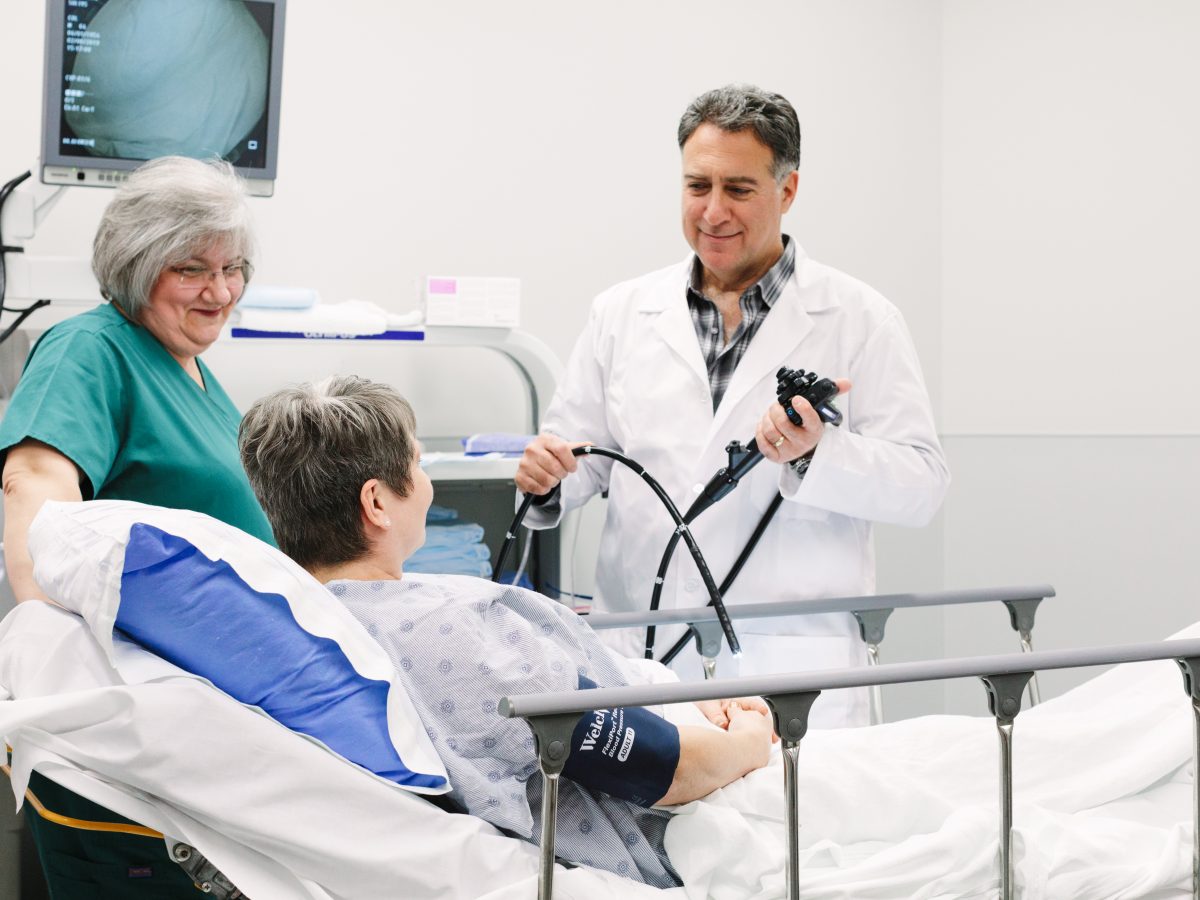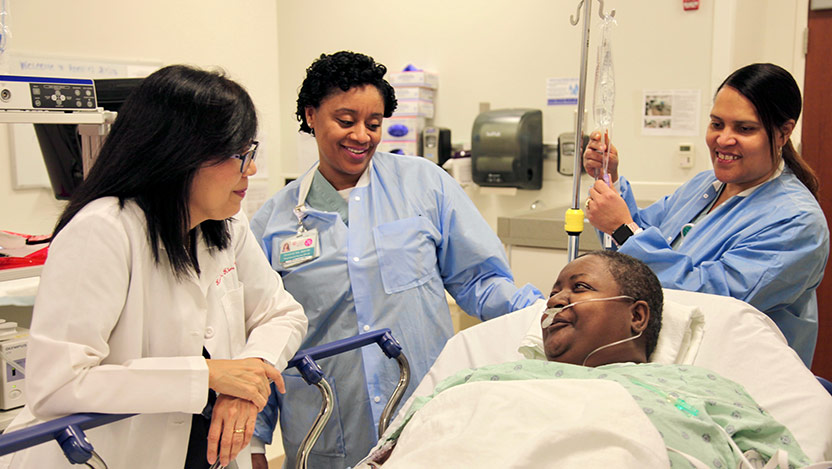
Colon cancer is a type of cancer that is produced in the large intestine and lower part of the digestive system. It is produced in the colon by small polyp cells. It can be treated by professionals, like colorectal cancer screening in Singapore. If colon cancer is left untreated, it spreads to every part of the body and can even be fatal after reaching a certain stage.
Symptoms of colon cancer
If the individual has colon cancer, the polyps will cause certain symptoms. It includes
- Diarrhea
- Blood on stool
- Persistent stool pass
- Ribbon stool
- Bloating
- Weight loss
If the individual suffers from any of the above symptoms, it’s recommended to have colorectal cancer screening in Singapore. They look for diseases in the person and provide proper treatment.
Screen test
It is used to detect colon cancer cells in a person’s body and to provide appropriate treatment to remove polyps before they become deadly cancers in the body. It commonly occurs in people over 45. If a person over 45 displays the “aforementioned symptoms,“ they are advised to get screened for colon cancer to lower their risk of contracting the illness.

Within the large intestine, colon cancer is divided into different types. The type is differentiated based on where it originated.
- Adenocarcinomas – it is developed in the colon mucus-producing gland.
- Gastrointestinal stromal tumors- it is developed in the interstitial cells that are placed in the interior walls of the colon.
- Carcinoid tumors – it is developed in the hormone-producing cells of the large intestine.
- Lymphomas – it is developed in the immune system cells.
- Sarcomas – it is developed in the muscles, connective tissues, and blood vessels of the colon.
There are three treatment options for treating colon cancer
- Surgery
- Chemotherapy
- Radiation therapy
The most advanced stage of colon treatment is treated with surgery. Treatment typically involves targeted therapy and clinical trials after the surgery and other treatments. Depending on the type of cancer, its stage, where it is located, or the size of the cancer cell, the treatment plan is tailored for each individual. Select an experienced professional to receive a successful treatment that lowers the risk of death and eliminates the need for additional colon cancer therapies.






